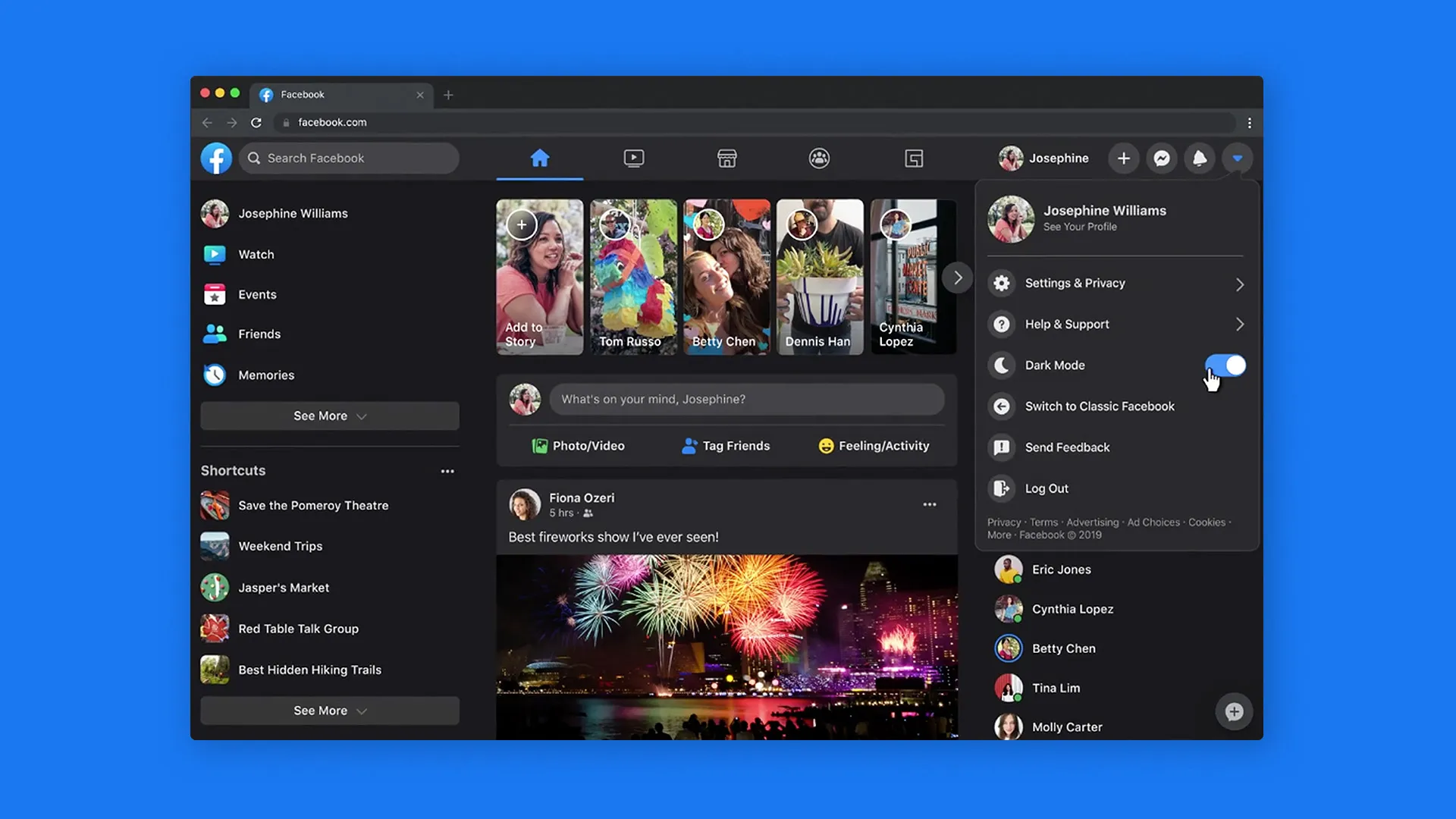- Judith Akatugba
- 0 Comments
- 644 Views

Examine the picture up top. This was how Mark Zuckerberg and a few buddies founded Facebook, or The Facebook as it was then called, from their dorm rooms twenty years ago.
The most widely used social network in the world has seen numerous redesigns since then.
Read Also: The 10 Best- and Worst-Dressed Celebrities at the 2024 Grammys
However, its mission to facilitate online connections has not changed. And amass enormous wealth through advertising.
These four examples show how Facebook has transformed the world as the site turns 20.
1. Facebook altered the landscape of social media
MySpace and other social networks predated Facebook, but Mark Zuckerberg’s website took off right away when it started in 2004, demonstrating how quickly this kind of internet platform might gain popularity.
Thanks to features like the ability to “tag” individuals in images, it surpassed MySpace in under four years and had one million users in less than a year.
In the late 2000s, it was common for teenagers to bring a digital camera along on a night out and tag friends in dozens of photos. One of the main draws for early users was the activity stream, which was always changing.
Facebook reached one billion monthly users by 2012. Since then, the network has grown steadily, with the exception of a little dip in daily active users at the end of 2021, which was the first time this had happened.
The corporation has maintained and grown the number of Facebook users by entering less connected nations and providing free internet. Facebook claimed to have 2.11 billion daily users by the end of 2023.
It is true that younger people are not as interested in Facebook as they once were. Despite this, it continues to be the most widely used social network globally and has sparked a new wave of online social interaction.
Some regard Facebook and its competitors as enabling instruments for communication. Some perceive them as destructive agents that are addictive.
2. Facebook made our personal information less private and more valuable.
Facebook demonstrated how profitable it is to gather our likes and dislikes.
These days, the majority of worldwide advertising funds go to Google and Facebook’s parent firm, Meta, an enormous advertising conglomerate.
On Thursday, Meta revealed that its income for the last quarter of 2023 exceeded $40 billion (£32 billion), primarily from providing highly targeted ad services to advertisers. There were $14 billion in profit declared.
Facebook has, however, also demonstrated how data harvesting may go wrong.
Meta has received numerous fines for improperly managing personal information.
The most well-known case was the 2014 Cambridge Analytica incident, in which Facebook had to pay $725 million to resolve a lawsuit alleging a serious data breach.
Facebook also settled an EU penalties of €265 million (£228 million) in 2022 for permitting the extraction of personal data from the website.
Additionally, the Irish Data Protection Commission fined the corporation a record €1.2 billion last year for transferring user data from Europe outside of its purview. Facebook is presently contesting the fine.
3. Facebook politicized the internet
Facebook has emerged as a key global platform for election campaigns because to its focused advertising offerings.
For instance, according to Statista data, the campaign of incumbent President Donald Trump spent more than $40 million on Facebook advertisements in the five months preceding the 2020 US presidential election.
Facebook has also contributed to the transformation of grassroots politics by allowing people from different backgrounds to come together, organize campaigns, and organize worldwide actions.
During the Arab Spring, Facebook and Twitter were credited for playing a significant role in coordinating protests and disseminating information about what was going on locally.
However, Facebook’s use for political purposes has drawn criticism for a number of issues, including its effects on human rights. Facebook concurred with a UN report in 2018 stating that it had not been able to stop users from using the site to “incite offline violence” against the Rohingya community in Myanmar.
4. Facebook kick-started Meta’s dominance
“Arbiters of truth” is not what Mark Zuckerberg wants Facebook to become, according to him.
Mark Zuckerberg created an unparalleled social network and technology empire through the enormous success of Facebook, both in terms of user base and resulting influence.
Emerging firms like as Oculus, Instagram, WhatsApp, and others were acquired and given enormous boosts under the parent business Facebook, which rebranded itself as Meta in 2021.
As of right present, Meta claims that over three billion individuals utilize one of its products on a daily basis.
Furthermore, Meta has frequently been charged with imitating its competitors when it has been unable to outbid them in an effort to keep its hegemony.
Instagram Reels is the company’s response to the competition from TikTok, a video-sharing app; Facebook and Instagram’s disappearing Stories feature is akin to a significant feature on Snapchat; and Threads is Meta’s attempt to mimic X, formerly known as Twitter.
Because of the growing competitiveness and the more stringent regulatory environment, tactics are more vital than ever.
Because UK officials were concerned about Meta’s potential for over-dominance in the market, they prevented Meta from acquiring the GIF-maker Giphy in 2022, forcing Meta to sell the company at a loss.











